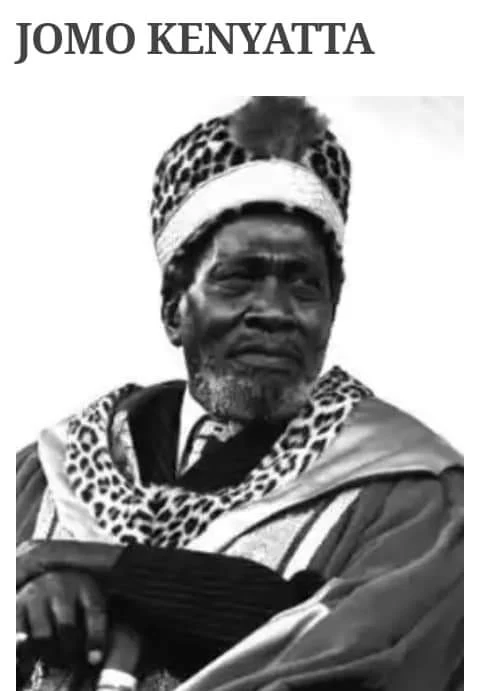....The name AWORI, which translates as "The plate sank", became the name by which the clan is known till today.
When Oduduwa was old and blind, his children were called together and ordered to go and found their own kingdoms and each was given a royal symbol. During this period, Ile-Ife was hit by a prolonged drought which lasted for many years, causing faming and diseases. Finally Agirilogbon, a babalawo of Oke-Itase in Ile-Ife, counseled emigration.
According to tradition, the children went northwards and southwards. Those who went south eastwards finally settled at Ado, Owo and Benin. In addition, some of the migrants had a change of rulers in their new homes. The date of this emigration is still a subject of academic controversy. However, it is clear that it was not later than 11th century A.D. It is also difficult to know how many kingdoms resulted from this exercise. As new kingdoms grew out of the old ones, descent from Oduduwa became the test of legitimacy among the old new kingdoms.
From this period of Oduduwa, migrations out of Ile-Ife became a permanent feature of the kingdom, Migrations also took place during the reign of Ooni Luwo who was a female ruler. Luwo was considered a disciplinarian and her rulership did not go down well with the people which led to migration. Also, the success of Lajamisan, a rich Ife bead trader to the Ooniship created political crisis which was some migrations. In addition, the deposition of Ogboru, a descendant of Lajamisan, who was barnish to Ife Odan for reigning too long but more probably for cruelty, led to emigration. Migrations southwards continued till the end of 19th century. These early southward migrant were the founders of Ife-Awori settlements in Lagos state.
Early migrations to the region of Lagos were political and economic in nature. For instance, Ogunfunminire the founder of Isheri and most other migrants from Ile-Ife were farmers. It was in the course of hunting expedition that some of them finally journeyed to Lagos. But the fact that some of the migrants were not alone but in groups, suggests political organizations which could be explained in terms of inland internal political crisis and population pressure. Before migrating to Isheri, Ogunfunminire consulted Ifa oracle which counseled migration.
One of the traditions suggests that Ogunfunminir and his friend Adeyemi Onikoyi left their homes on a hunting expedition and overstayed, thereby absenting themselves from the funeral of their father. Their relation thinking them dead, put their junior brother on the throne and this annoyed the two powerful princes, when they arrived. However, they were afraid of the great damage they might cause if they decided to fight, hence Olofin took the calabash which was willed to him by his late father. The tradition continued that he followed the movement of the ritual pot placed on water until it sank and they settled in the region
The Awori are a tribe of the Yoruba people speaking a distinct dialect of the Yoruba language. Olofin and his followers left the palace of King Oduduwa in Ile-Ife and migrated southward along a river. Oduduwa had given Olofin a mud plate and instructed him to place it on the water and follow it until it sank into the river. The plate is said to have stopped at various locations and finally sank at Idumota in the present day Lagos State in Nigeria. As they were to settle wherever it sank, the people were filled with joy when this finally happened. The name AWORI, which translates as "The plate sank", became the name by which the clan is known till today.
Several days after leaving Ile-Ife, the plate suddenly stopped near Olokemeji near present day Abeokuta. After seventeen days, it began moving again, only to stop at Oke-Ata for another seventeen days. At the end of seventeen days, the plate began moving again, only to stop again on the southern outskirts of present day Abeokuta, where it stayed for another seventeen days. At this location, some of Olofin's followers decided to remain, led by a man named Osho Aro-bi-ologbo-egan.
The plate continued downriver, stopping again at Isheri, where it remained for a much longer period of time. Olofin began instructing his followers to begin setting up a permanent settlement, but after 289 days (17 x 17) the plate began moving again. Olofin and a few followers followed the plate, while the rest of the group stayed behind. After two days the plate stopped briefly at Iddo in Lagos. At Idumota in central Lagos, it whirled around in the water and sank to the bottom. When Olofin returned to his group at Iddo, they are said to have asked him where the plate was. He answered "Awo Ti Ri" meaning "The plate has sunk". This is how the name Awori is said to have come into being.
Source: Gossip House
Researcher: Comr. Olamide Akinwumi J.
09068215955



















